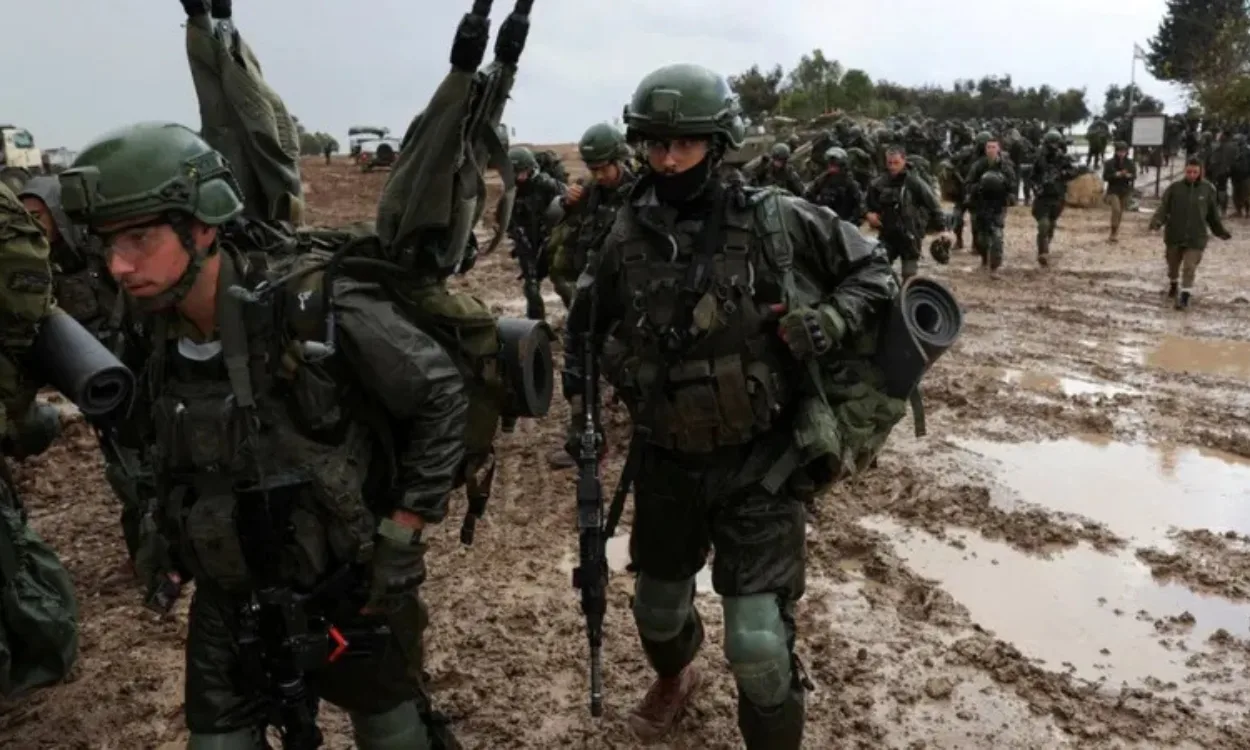Israel (Transatlantic Today)— Israeli Foreign Minister Eli Cohen has asserted that the country will persist in its military operations in Gaza “with or without international support.” He warned that a ceasefire at this juncture would be “a gift” to Hamas, enabling the group to regain strength and pose further threats to Israeli citizens.
Amid escalating pressure regarding the rising Palestinian civilian toll and the deteriorating humanitarian situation in Gaza, Cohen’s comments come as a stark response to a UN General Assembly resolution that overwhelmingly called for an immediate ceasefire. This resolution, supported by 153 member states, also demanded the unconditional release of hostages and unrestricted humanitarian access to the region. Only eight countries, including Israel and the United States, voted against it, while the UK and Germany abstained.
The ongoing conflict, which began following an unprecedented attack by Hamas on southern Israel on October 7, has led to significant casualties. More than 18,600 individuals, predominantly women and children, have been reported killed in Gaza, according to data from the Hamas-run health ministry.
As intense fighting continues throughout Gaza, the humanitarian situation grows increasingly dire. Heavy rainfall has exacerbated conditions for the hundreds of thousands of displaced individuals living in makeshift shelters. Senior UN officials have warned of a looming public health crisis due to the collapse of the medical system and the rise of infectious diseases in overcrowded conditions.
While the U.S. has generally supported Israel’s stance against a pause in military actions, there is a noticeable shift in tone among American officials regarding Israel’s conduct in the conflict. Defense Secretary Lloyd Austin recently cautioned that Israel risks transforming a “tactical victory into a strategic defeat” without adequate measures to protect civilians.
In the backdrop of these developments, President Biden emphasized that Israel is losing international support due to its “indiscriminate bombing” in Gaza. As diplomatic efforts continue, including upcoming talks between White House National Security Adviser Jake Sullivan and Israeli Prime Minister Benjamin Netanyahu, the discussions are expected to touch on the future of Gaza and a possible timetable for ending the conflict.
Cohen’s statement to visiting diplomats reinforces Israel’s commitment to military action, asserting, “Nothing will stop us.” However, as history has shown, escalating calls for a ceasefire may soon become too significant for Israel to disregard.


























